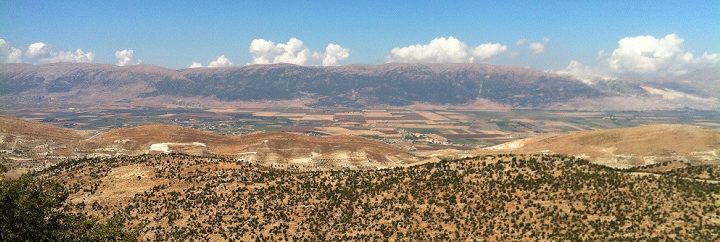We are happy to announce the establishment of ESP’s newest national network – Lebanon. The ESP Lebanon network is led by Dr. Salma Talhouk and hosted by the Department of Landscape Design and Ecosystem Management at the American University of Beirut. The network has two ongoing projects and is actively recruiting members.
The objectives of our national network are 1) Introduce and apply ecosystem services in teaching, research, project planning and implementation, and policies, 2) Develop and promote ecosystem services based activities and collaborations and, 3) Create a critical mass of individuals and institutions that use tools to value Lebanon’s landscapes and shed light on the ecosystem services they offer. Read more.


